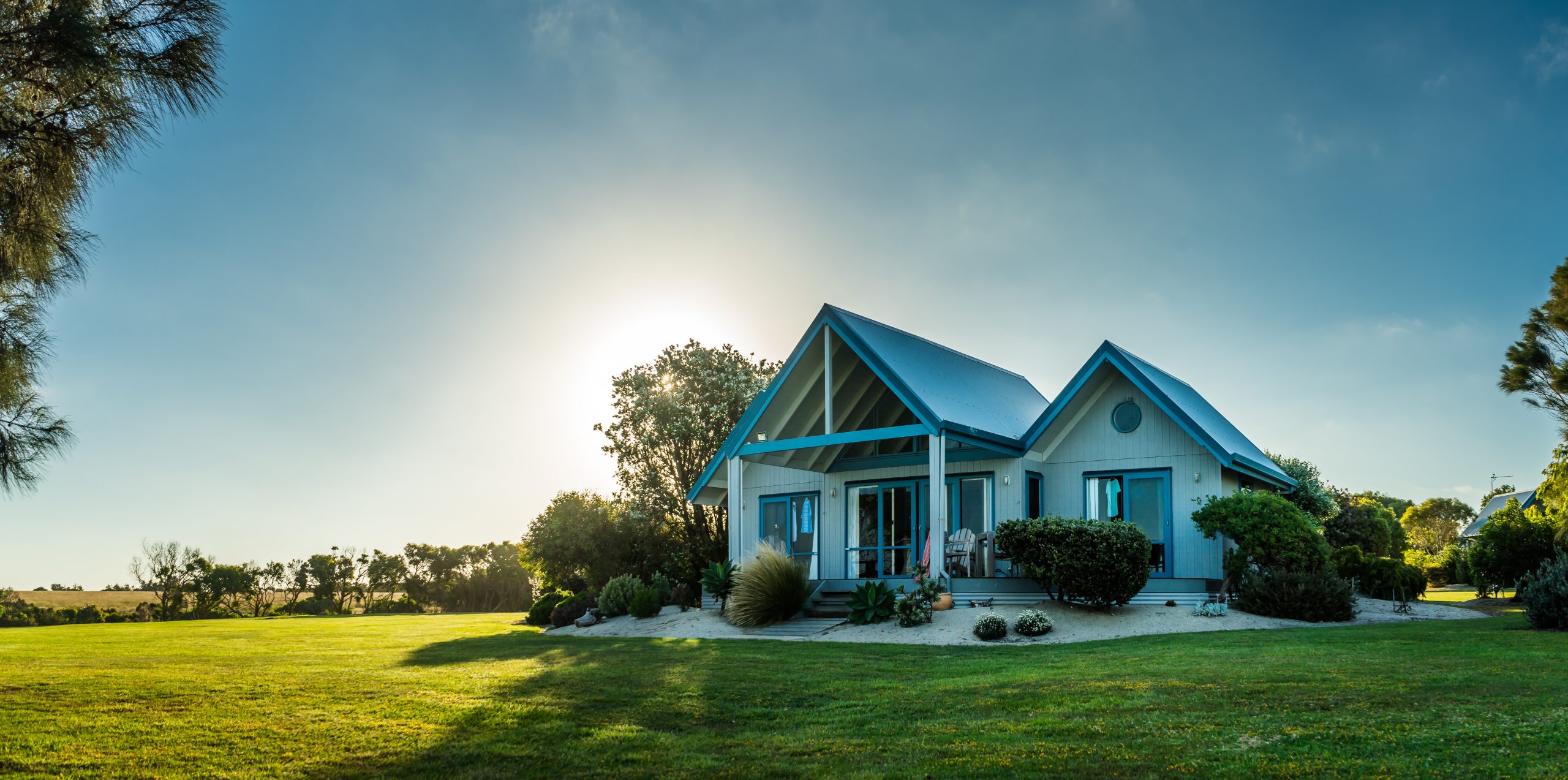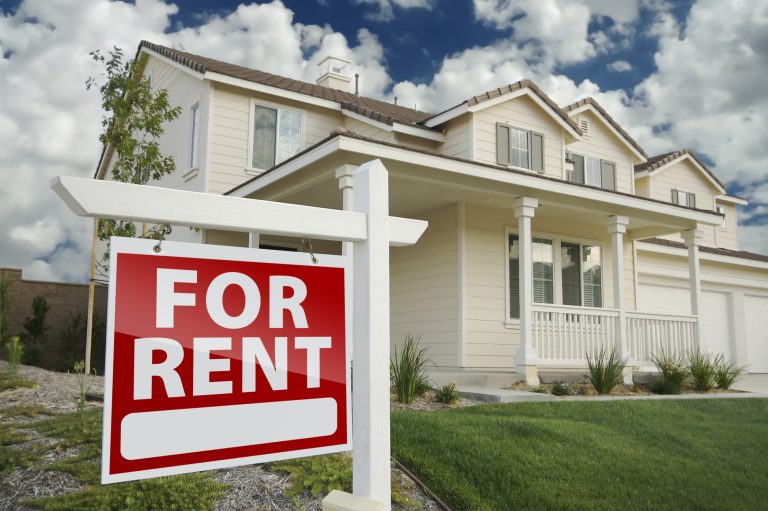Not everyone has the luxury of having a second home. Why? Because buying and owning one is a huge investment, whether you’re looking to use it as a vacation spot or have it rented.
The expenses you’ll have to pay from purchasing to maintaining a second home can add up pretty fast. This is why you need to approach this path with a clear plan. If you’ve been thinking about buying one, follow this quick guide to help you come up with a smart investment decision.
1. Decide If A Second Home Makes Sense For You
Regardless of whether you’re an investor or not, you should ask yourself if purchasing a second house is an ideal financial move. A lot of second-home owners are complaining that the property is eating up a lot of expenses which they never expected. You should factor in all the costs involved with owning a second home such as maintenance, repairs, and utility.
Aside from that buying a second home also means more mortgage costs for you. You also have to think about the insurance and property taxes. Factor all that in and see if you can afford them all.
2. Get Help From A Real Estate Agent
It’s crucial that you get assistance from an experienced real estate agent to aid you in finding the perfect second home, do the negotiations, and guide you throughout the whole process.
Be sure to hire an agent from your local area, such as a Coquitlam realtor that has full knowledge about the intricacies of the local real estate market. This means that they can offer you advice on what your best options are based on your finances.
3. Decide How You’re Going To Use It
Some buyers already have plans for their second home before they purchase it. But if you’re not sure about what you’re going to do with yours, it’s just fine. This way you still have time to consider your options and decide how you’re going to use them. Here are some options:
- Vacation home – this is ideal if you have a large family and you’re looking for a property where you can stay when you’re away. If that’s the case, make sure that the location of your vacation home is in a place that you love to visit and explore.
- Secondary residence – this is perfect for people whose work requires them to travel to another city. You can use the property as your secondary residence.
- Investment property – this is a common option for homeowners who buy a second house. You can either flip it so you can resell it at a higher price or turn it into a rental property.
You can always use the property for any purpose or a combination of the three options mentioned above. You can rent it out, have it leased short-term, or stay there for vacation during holidays.
4. Think About How To Finance it
Unless you have the funds to pay for the second home in cash, it’s essential that you start the financing process before you start looking for a property to buy. Why? Because it can assist you in eliminating any financial trouble you might face during the closing process. Getting pre-approved for a mortgage early on can also give you an idea as to how much you can afford to finance the property, which can be very helpful when you start shopping.
Look around for local lenders or research your mortgage options online. Most lenders consider second homes as riskier investment than primary residences so expect to pay a higher down payment in order for you to qualify.
5. Pick A Good Location

Just like when you purchased your primary residence, location also plays a critical part in the selection process. This is especially true if you’re looking to use the property as a vacation home. If you don’t love the area, you won’t like going there. Think about what you want to do when you go on a weekend getaway. There’s no right or wrong answer here but take the time to reflect on what you want before choosing a location.
Conclusion
Whether you’re looking for a second residence for you to spend your holidays, retirement days, or an investment property as a way of diversifying your portfolio, be sure to follow the guide above. Keep in mind that purchasing a second home is not an easy decision. Also, don’t treat it the same way as the time you bought your first home, because they are completely different. One wrong move and you might end up regretting your decision.

